Age has always been a point of interest for those holding the highest office in the United States. While younger leaders often bring energy, some of the nation’s oldest presidents have brought wisdom and years of experience to the role. This list focuses on six U.S. presidents who were among the oldest to serve. Each brought their unique perspectives and leadership qualities shaped by decades of life and public service, and their time in office left lasting impacts on the country.
Joe Biden
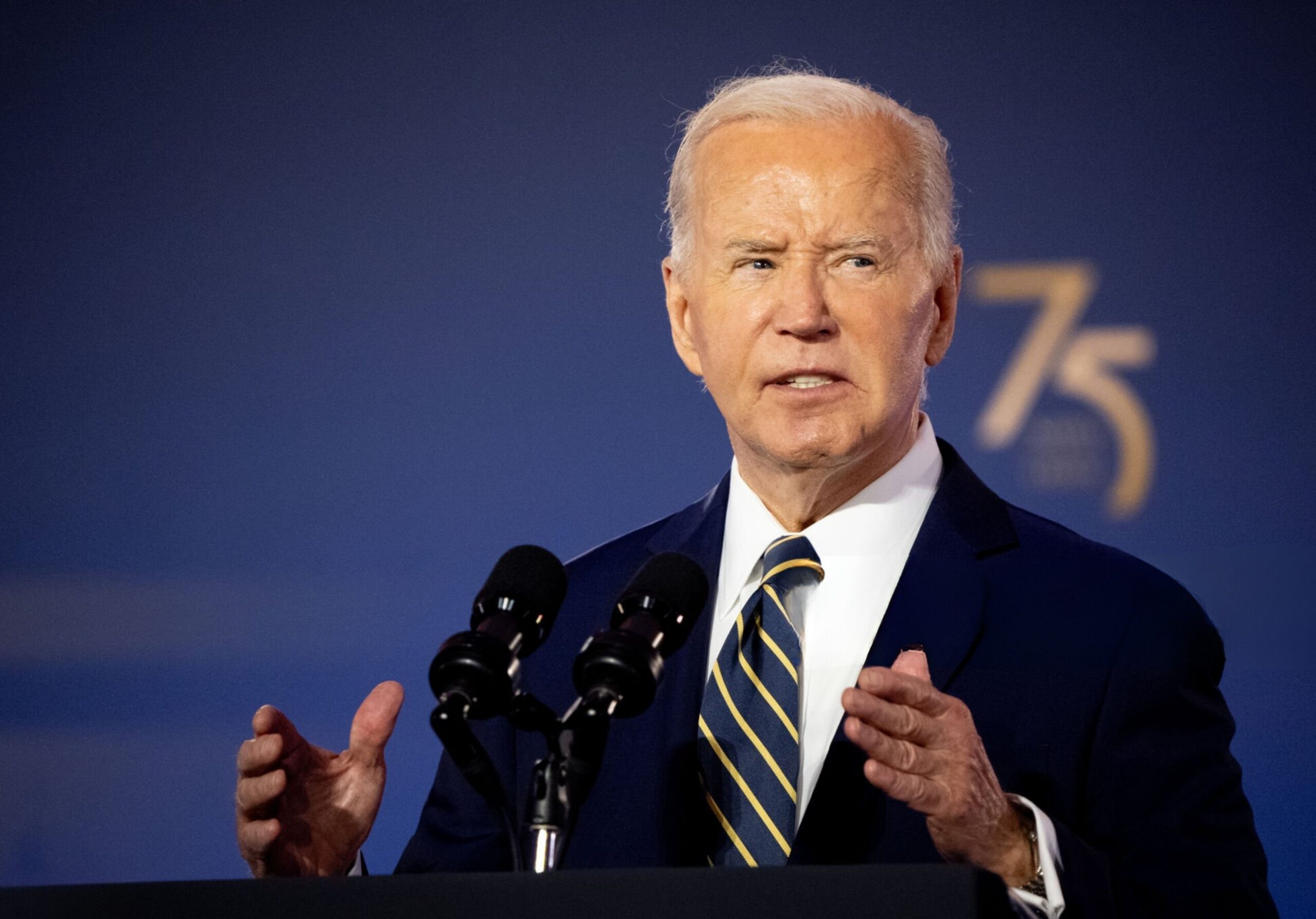
Joe Biden holds the title of the oldest U.S. president, taking office at the age of 78 on January 20, 2021. He was born on November 20, 1942, and elected in November 2020, defeating Donald Trump. Biden brought more than 40 years of experience in public service, including 36 years as a U.S. senator and two terms as vice president under Barack Obama. His age was a key talking point during his campaign, but his policies focused on tackling the COVID-19 pandemic, climate change, and rebuilding the economy. As of 2024, Biden has served three full years as president and continues to lead the nation with his extensive political knowledge and resilience.
Ronald Reagan
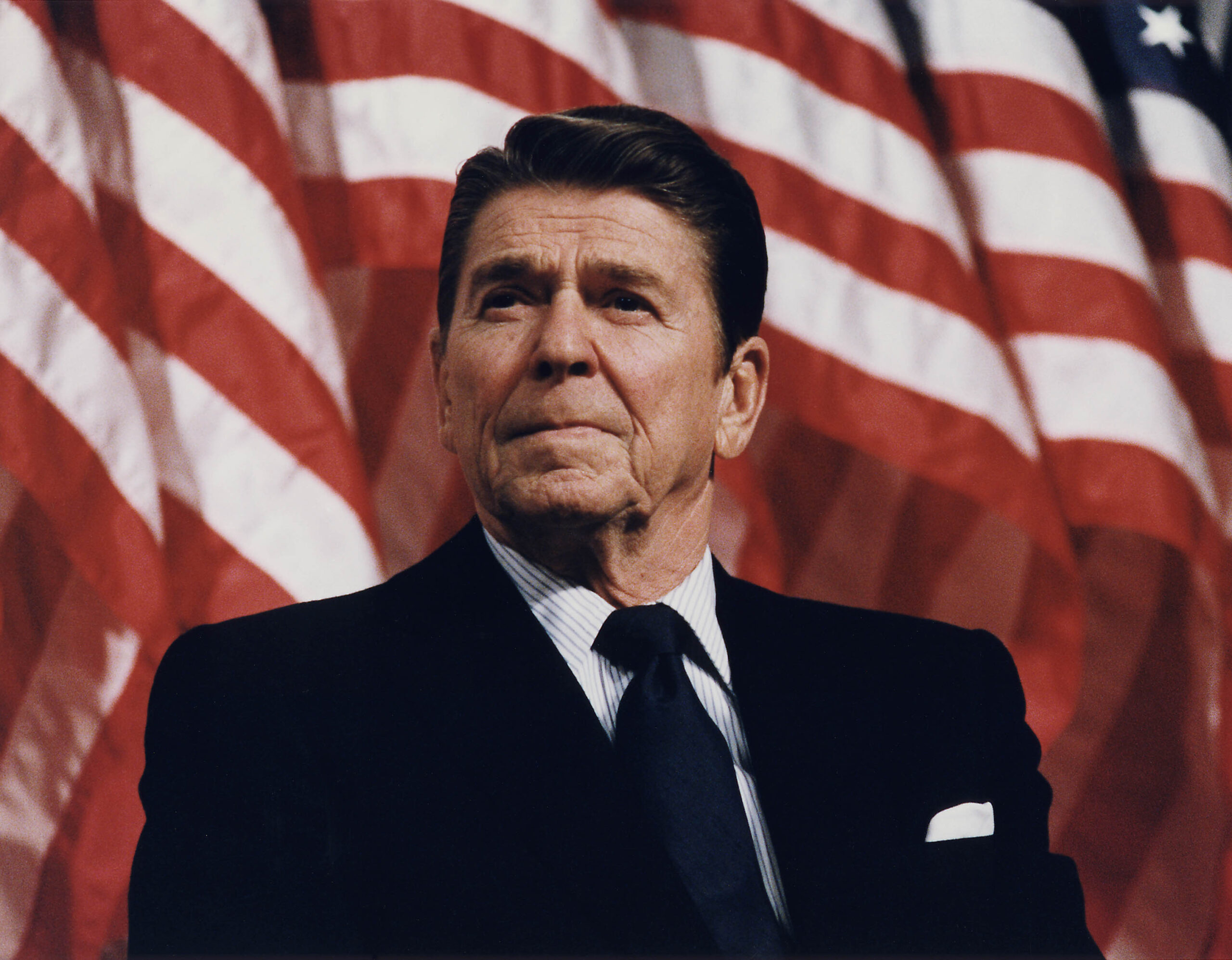
Ronald Reagan was 77 years old when he completed his second term on January 20, 1989. Born on February 6, 1911, he was 69 years old when first inaugurated on January 20, 1981. Reagan served eight years as president, from 1981 to 1989. His administration was notable for its conservative economic policies, known as “Reaganomics,” which focused on tax cuts and reducing government regulation. Reagan also played a significant role in ending the Cold War through his diplomatic efforts with the Soviet Union. His age was a point of concern during his presidency, but Reagan remained a vigorous and influential leader throughout his two terms.
Donald Trump
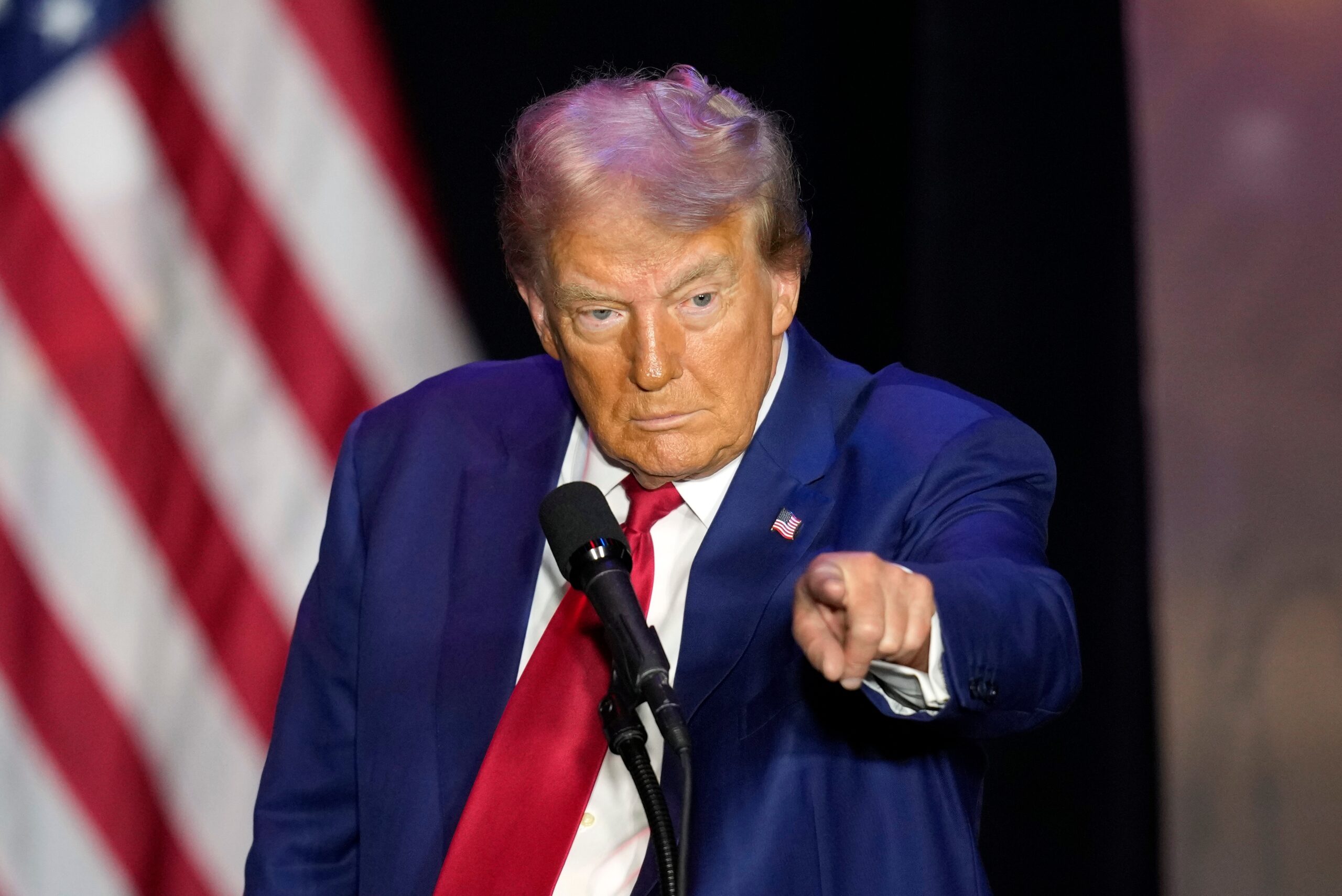
Donald Trump was 74 years old when he left office on January 20, 2021. He was born on June 14, 1946, and took office at the age of 70 after his election in 2016. Trump served four years as president, from 2017 to 2021. His administration was marked by an “America First” foreign policy, tax reforms, and deregulation efforts. Trump’s time in office was also shaped by a contentious relationship with the media and political opponents, as well as the global COVID-19 pandemic during his final year. His age became a focal point during his re-election campaign against Joe Biden, who was even older.
Dwight D. Eisenhower
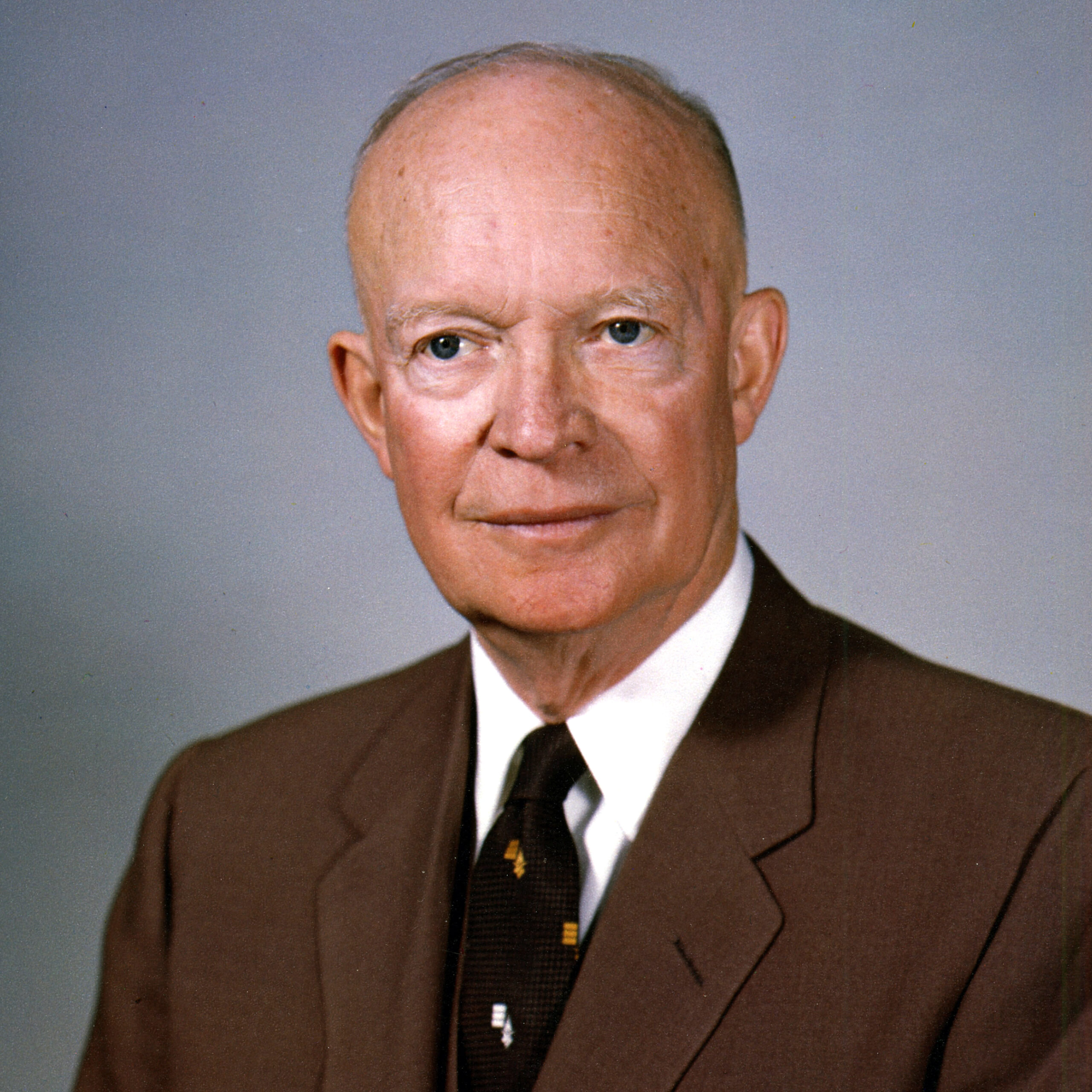
Dwight D. Eisenhower was 70 years old when he completed his second term on January 20, 1961. Born on October 14, 1890, Eisenhower was inaugurated as president at the age of 62 on January 20, 1953. He served eight years in office, from 1953 to 1961. A World War II hero, Eisenhower’s presidency focused on maintaining peace during the Cold War while also overseeing domestic infrastructure projects like the Interstate Highway System. His steady, calm leadership style was shaped by his years of military service, and he left office having led the nation through a period of economic growth and relative global stability.
James Buchanan
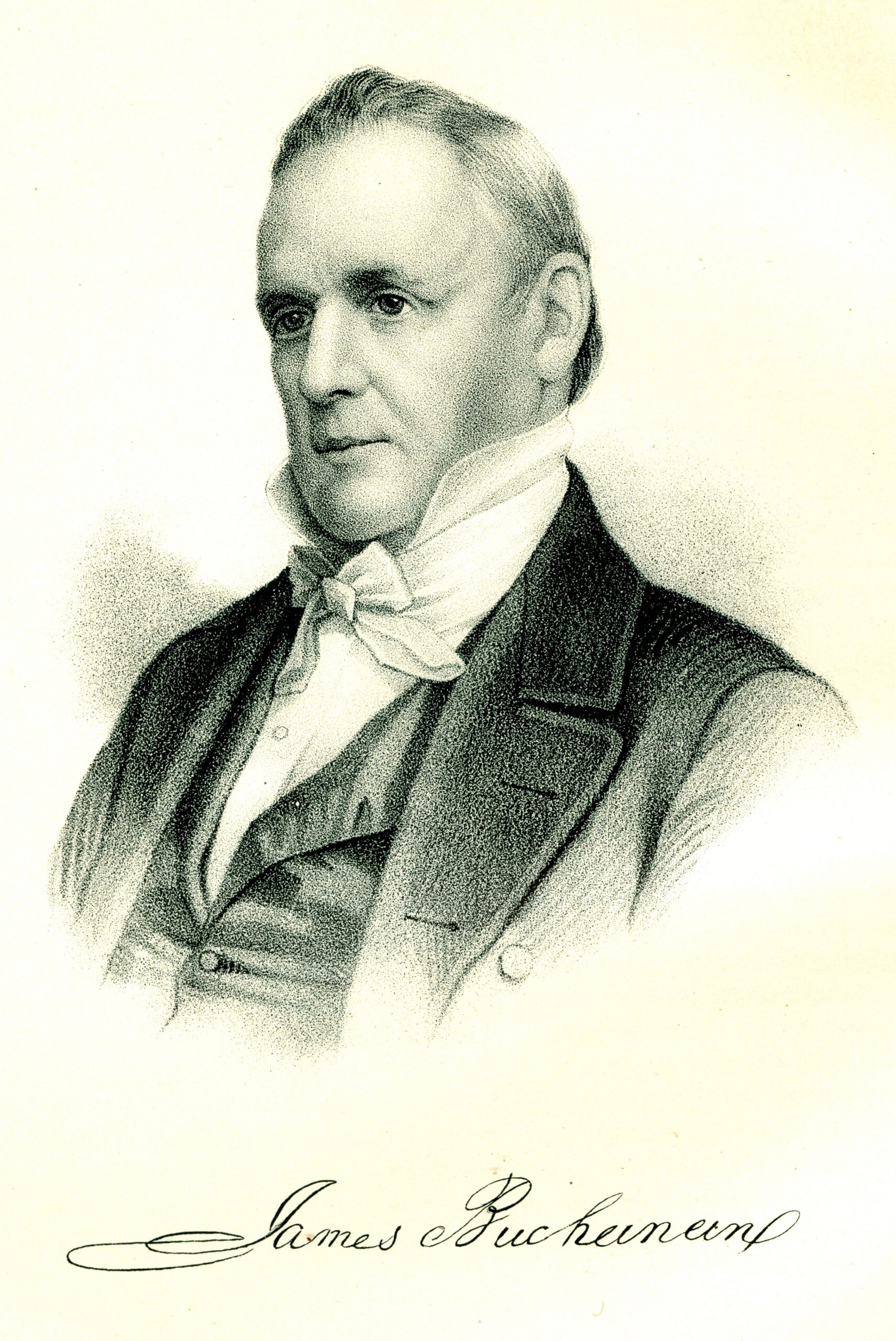
James Buchanan was 65 years old when he took office on March 4, 1857. Born on April 23, 1791, he was elected as the 15th president of the United States after a long political career that included roles as congressman, senator, and secretary of state. Buchanan served four years in office, from 1857 to 1861. His presidency is often criticized for his failure to prevent the looming Civil War, as tensions between the North and South grew during his term. Buchanan left office at the age of 69, having been unable to resolve the critical national divisions of the time, which led to his legacy being largely negative.
George H. W. Bush
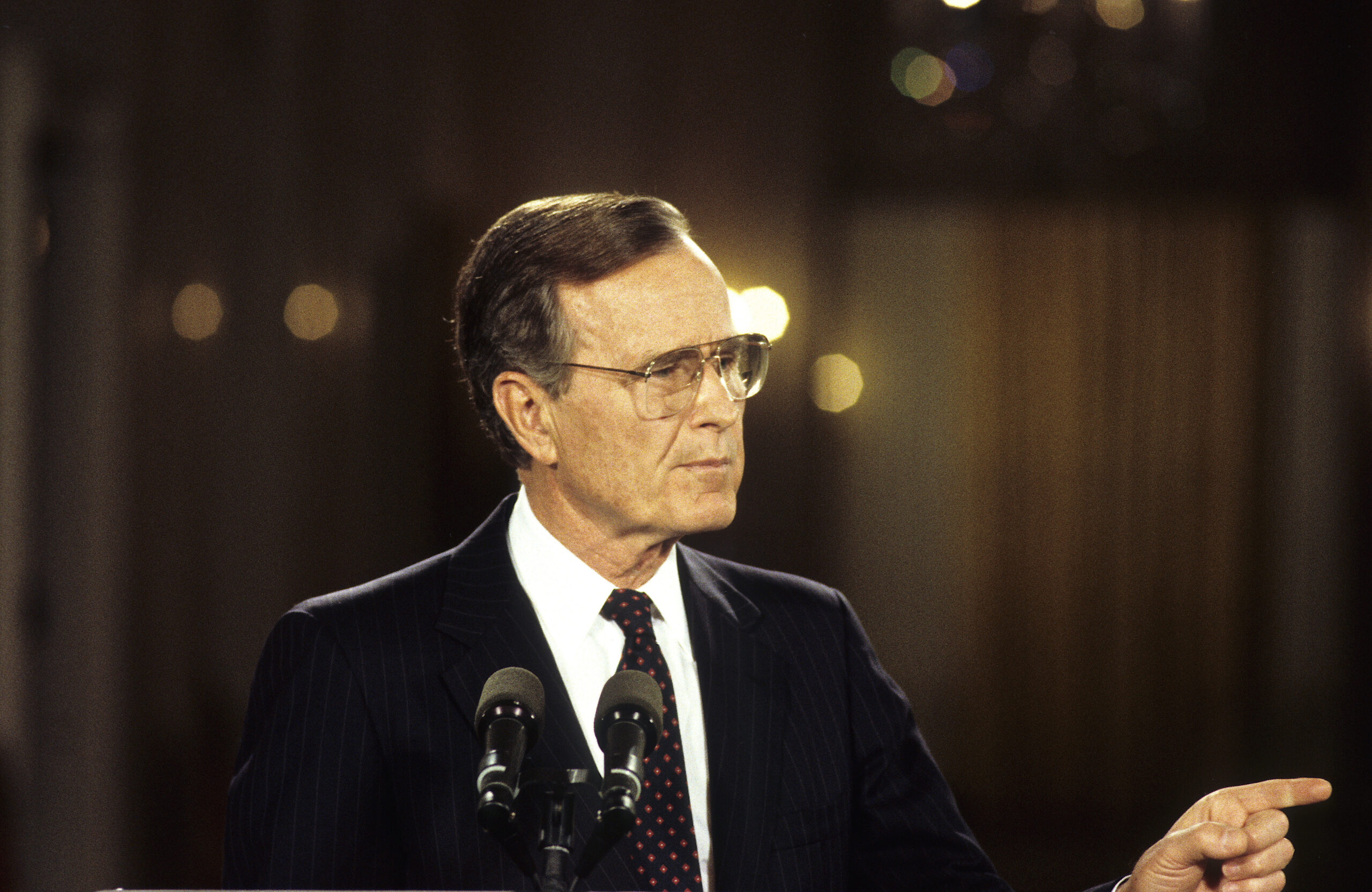
George H. W. Bush was 64 years old when he took office on January 20, 1989. Born on June 12, 1924, Bush served four years as president, from 1989 to 1993. Before becoming president, Bush had a long career in public service, including as vice president under Ronald Reagan. His presidency is best remembered for overseeing the end of the Cold War and leading the U.S. in the Gulf War, which successfully liberated Kuwait from Iraqi occupation. Bush left office at the age of 68 after losing his re-election bid to Bill Clinton in 1992, but his foreign policy successes cemented his place as a respected global leader.
Zachary Taylor
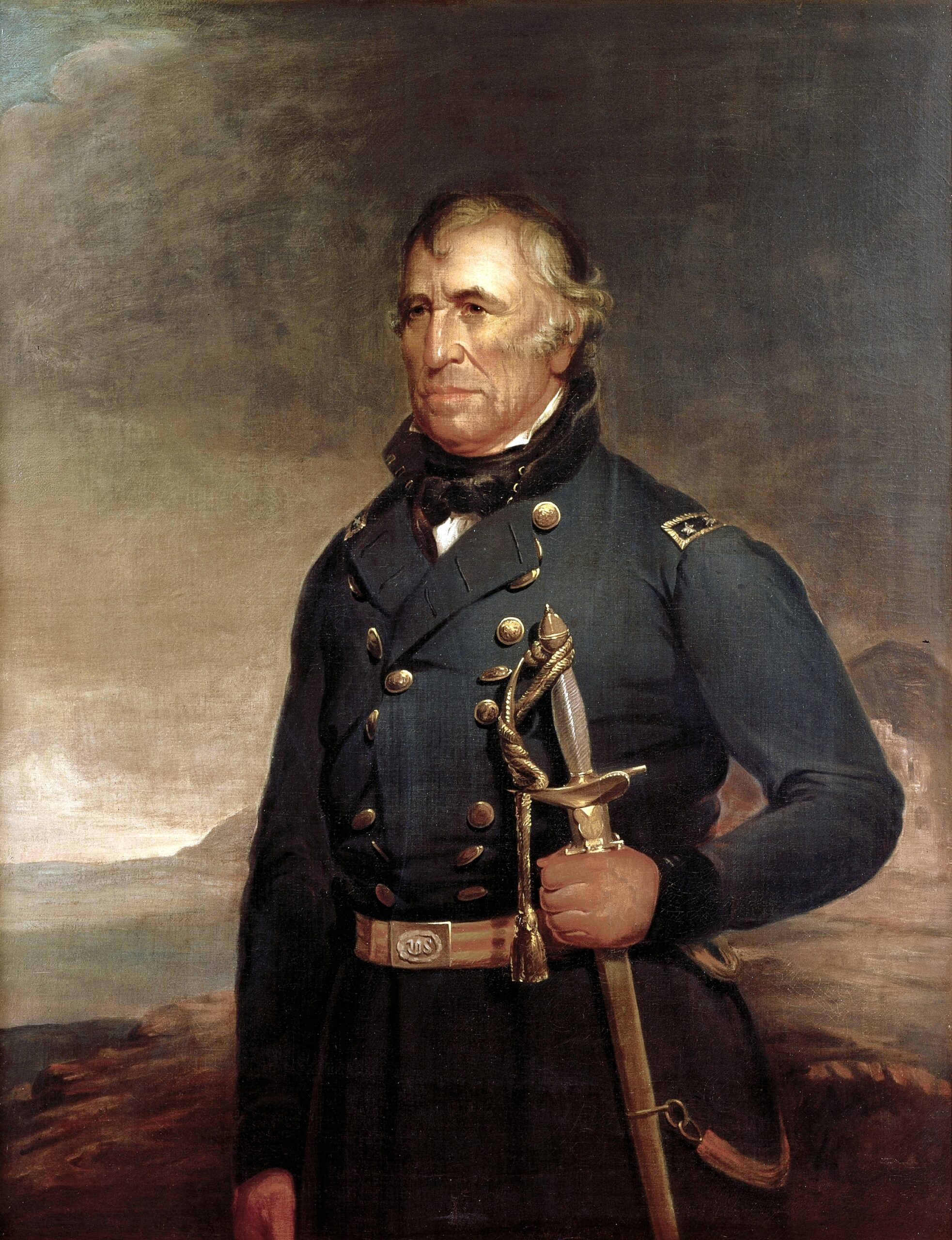
Zachary Taylor was 64 years old when he took office as the 12th president of the United States on March 4, 1849. Born on November 24, 1784, Taylor had a distinguished military career, earning the nickname “Old Rough and Ready” for his leadership during the Mexican-American War. He was elected in 1848 and served one year and four months as president before his sudden death on July 9, 1850. Taylor was known for his moderate political views, and during his short time in office, he focused on preserving the Union amid growing sectional tensions over slavery.
Andrew Jackson
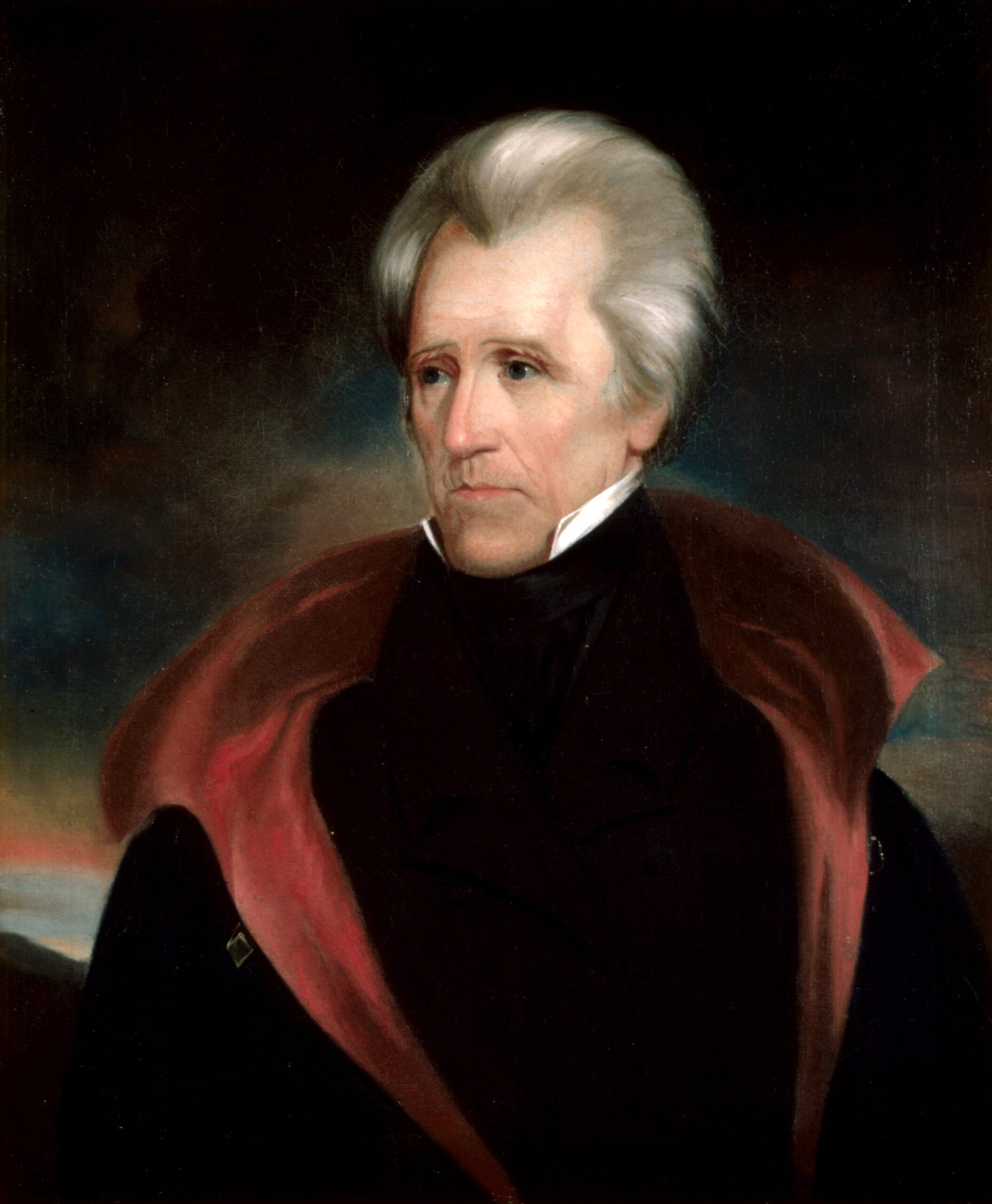
Andrew Jackson became president at 61 years old on March 4, 1829. Born on March 15, 1767, Jackson was a war hero from the War of 1812 and a champion of the common man. He was elected as the 7th president in 1828 and served eight years across two terms, from 1829 to 1837. His presidency is known for his strong opposition to the national bank, his forceful use of presidential power, and his controversial policies toward Native Americans, including the Indian Removal Act. Jackson’s leadership style was bold and direct, reflecting his background as a military leader and frontiersman.
John Adams
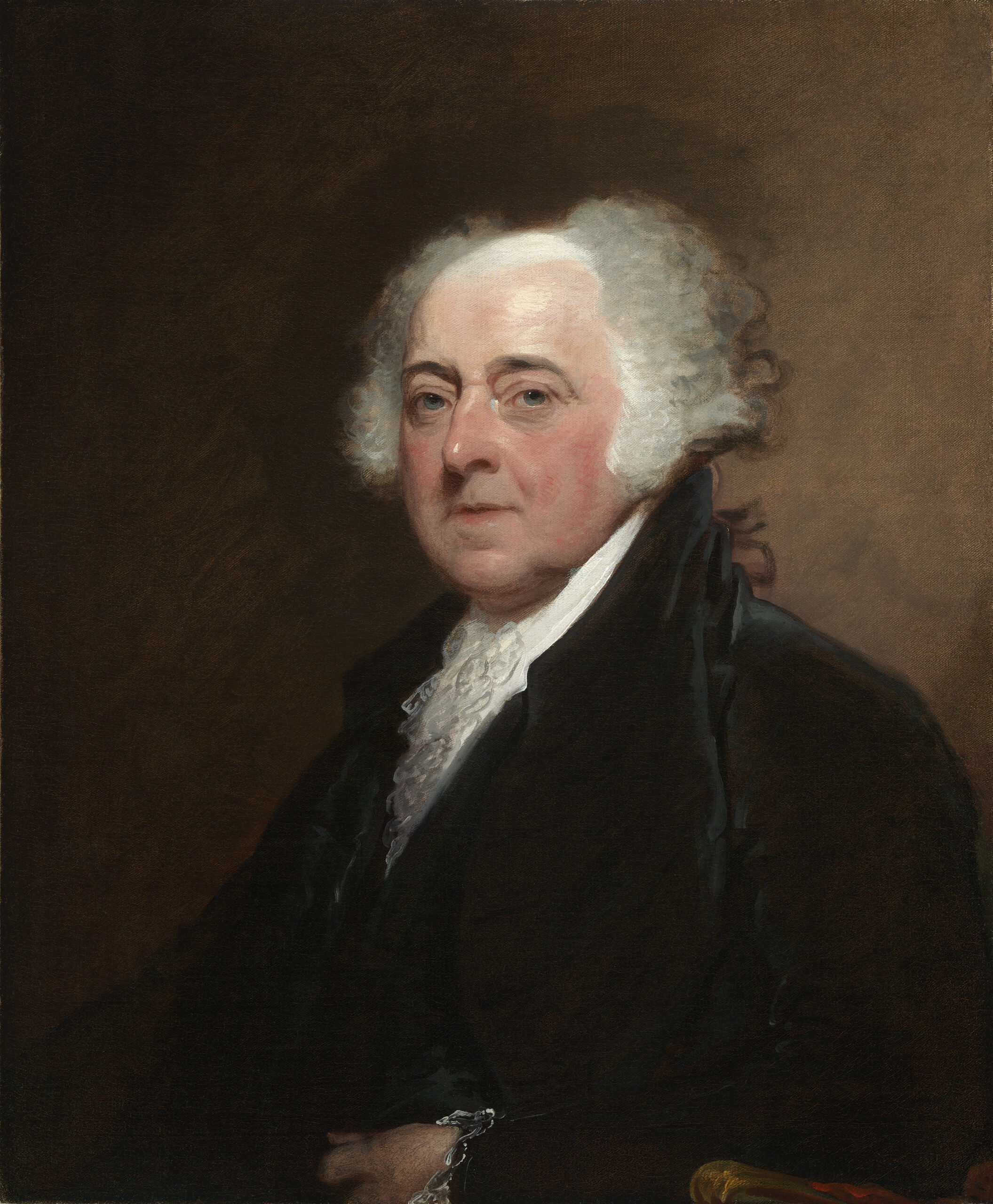
John Adams was 61 years old when he took office on March 4, 1797, as the second president of the United States. Born on October 30, 1735, Adams was a key figure in the American Revolution and the country’s early government. He was elected in 1796 and served four years, from 1797 to 1801. Adams is best remembered for his efforts to maintain peace during the Quasi-War with France and for signing the controversial Alien and Sedition Acts. Despite his strong leadership, Adams lost re-election to Thomas Jefferson in 1800, marking the first peaceful transfer of power between political rivals in U.S. history.
William Henry Harrison
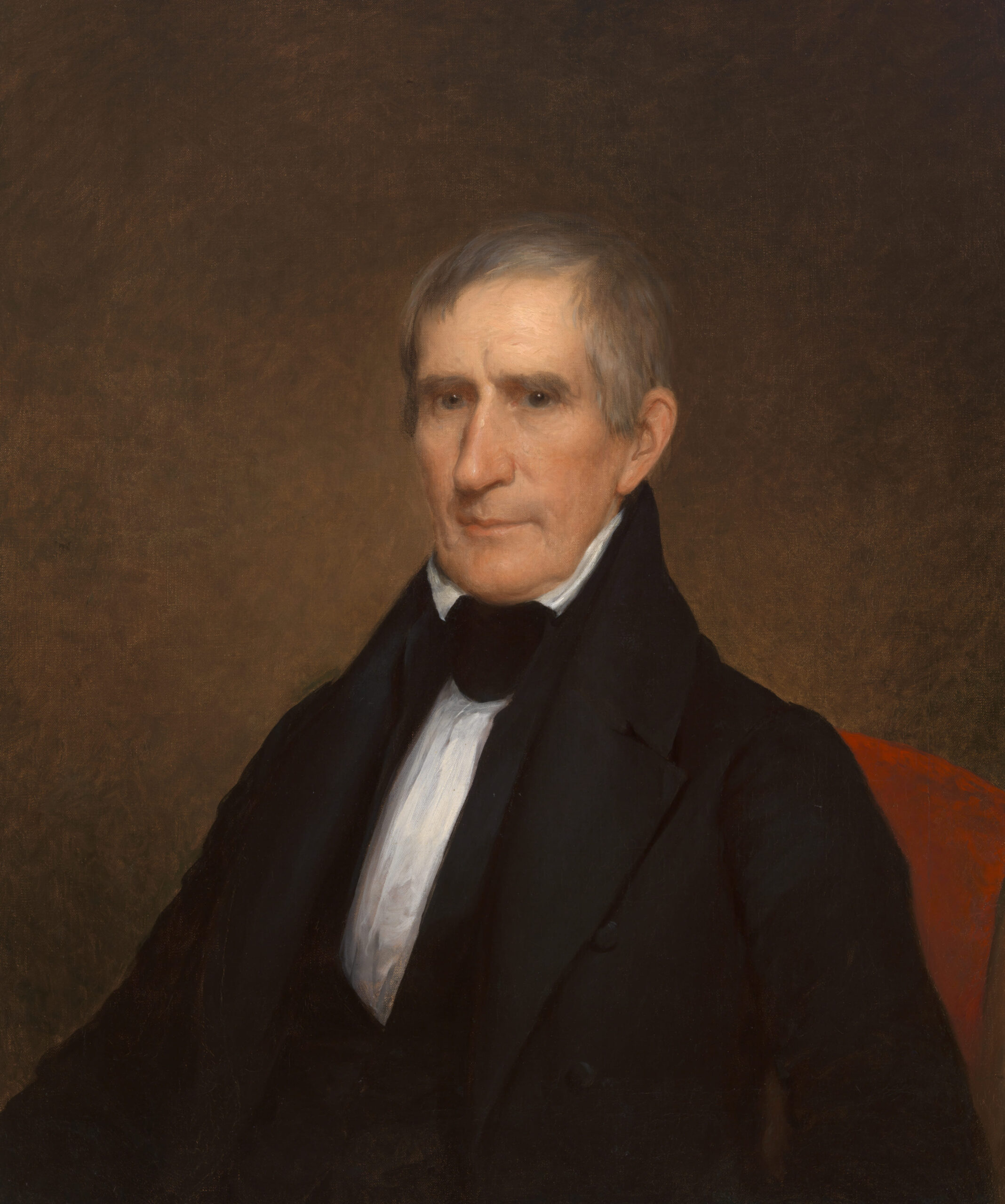
William Henry Harrison was 68 years old when he took office on March 4, 1841, making him the oldest president to be inaugurated at the time. Born on February 9, 1773, Harrison was a military hero known for his leadership at the Battle of Tippecanoe. He was elected in 1840 but served just 31 days as president, the shortest term in U.S. history, before dying of pneumonia on April 4, 1841. Harrison’s presidency was cut tragically short, but his campaign slogan “Tippecanoe and Tyler Too” left a lasting impact on American political campaigning.
Thomas Jefferson
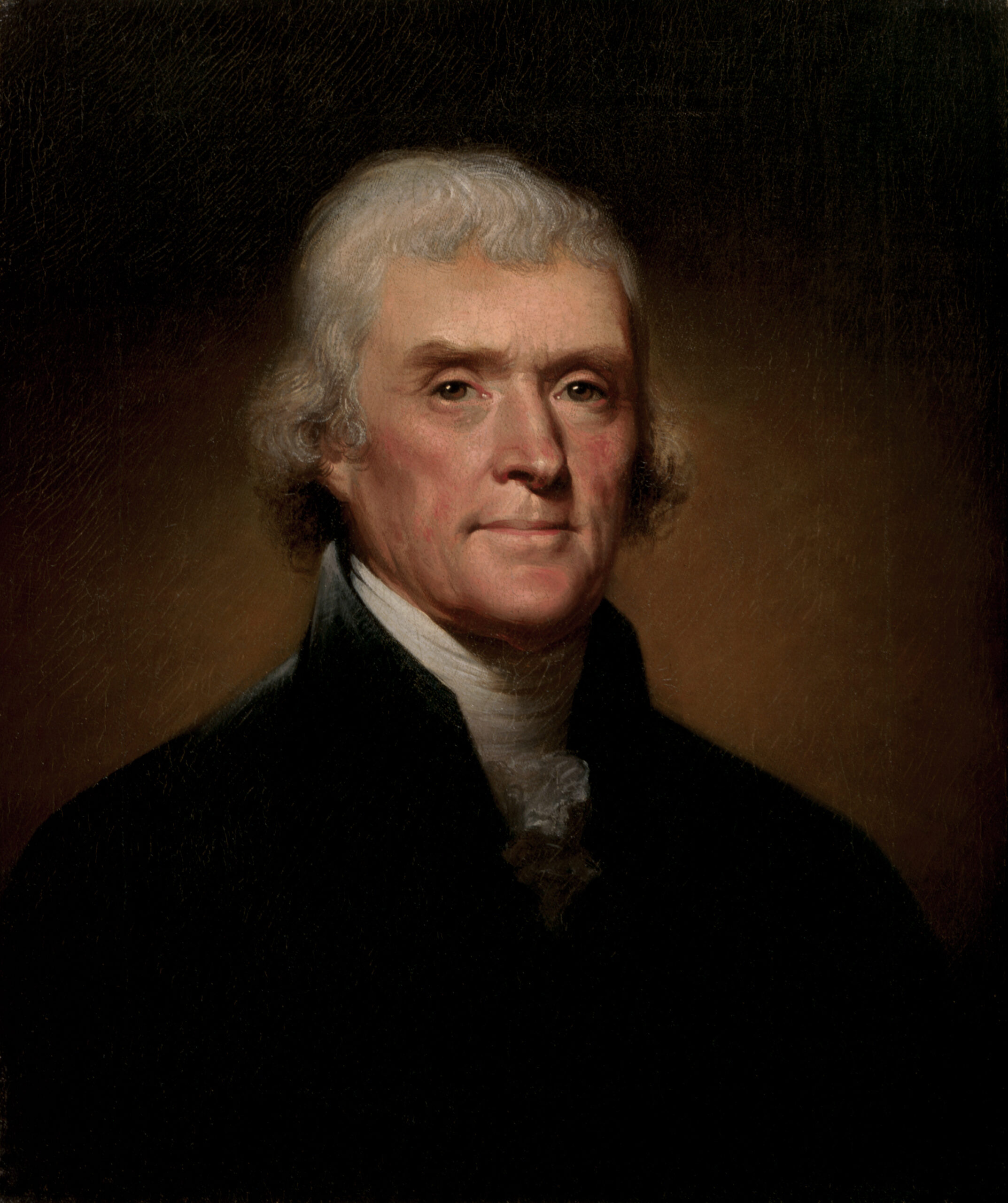
Thomas Jefferson was 65 years old when he began his second term as president on March 4, 1805. Born on April 13, 1743, Jefferson was elected as the 3rd president of the United States in 1800. He served eight years, from 1801 to 1809, across two terms. His presidency is best known for the Louisiana Purchase in 1803, which doubled the size of the United States, and for commissioning the Lewis and Clark expedition. Jefferson’s belief in limited government and his vision of an agrarian society shaped his policies. His second term faced growing challenges, including tensions with Britain, which would eventually lead to the War of 1812.
George Washington

George Washington was 57 years old when he became the first president of the United States on April 30, 1789. Born on February 22, 1732, Washington was unanimously elected and served eight years across two terms, from 1789 to 1797. Washington set many precedents for the presidency, including the peaceful transfer of power and the two-term limit. His leadership helped stabilize the new nation, and he is remembered for his neutrality in foreign affairs and his ability to unite a deeply divided country. Washington voluntarily stepped down after his second term, establishing the tradition of a peaceful transition of power.
This article originally appeared on Rarest.org.
More from Rarest.org
15 Unique Fungus Species Growing in Hidden Ecosystems

Fungi thrive in some of the most hidden ecosystems on Earth, playing crucial roles in nutrient cycling and ecosystem balance. Read More.
13 Endangered Coral Reefs and the Creatures They Support

Coral reefs are among the most vibrant ecosystems on Earth, but many are endangered due to climate change and human activity. Read More.
17 Overlooked Board Games That Are Actually Great Fun

Board games have come a long way from the usual classics. Some of the most fun games don’t get the recognition they deserve. Read More.
